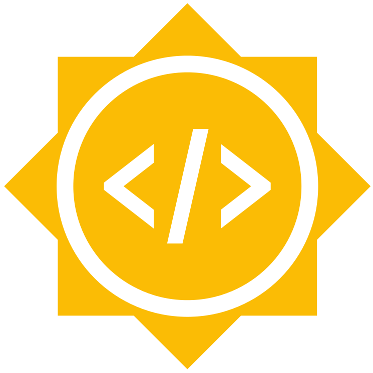| layout | title |
|---|---|
page |
About MDAnalysis |
MDAnalysis is developed and maintained as a freely available, open-source project by a global community of scientists. The MDAnalysis community adheres to our Code of Conduct and invites everyone to participate --- be it on the mailing lists, through issue reports, or code contributions.
All contributors to the MDAnalysis library and its subprojects are acknowledged
in a file called AUTHORS in each source code repository and in the list of
contributions; as examples see the AUTHORS file for
mdanalysis
and the contributors for
MDAnalysis/mdanalysis.
MDAnalysis and the algorithms implemented in the library and the subprojects are scientific software that are described in academic publications.
MDAnalysis is used in a variety of other molecular dynamics tools.
All our code and our teaching materials are available under open source licenses from repositories at https://github.com/MDAnalysis/. The MDAnalysis library itself is published under the GNU General Public License, version 2; other supporting libraries are published under the MIT or the BSD-3 clause licence.
Installable packages are available through the popular pip and
conda package managers as well as some Linux distributions.
Project leadership is provided by a subset of contributors, the MDAnalysis Core Developers (@MDAnalysis/coredevs) who have produced substantial contributions over extended lengths of time and who remain active in reviewing issues and discussions on the various mailing lists and our Discord server.
The Core Developers lead the MDAnalysis project and are responsible to the community and to NumFOCUS, our fiscal sponsor. They represent the project publicly and vote to make decisions for the project.
Core Developers are granted commit rights (write access) to the GitHub source code repositories and thus can approve pull requests for merges.
The current @MDAnalysis/coredevs team ("MDAnalysis Core Developers") consists of:
- @fiona-naughton
- @hmacdope
- @IAlibay
- @jbarnoud
- @lilyminium
- @micaela-matta
- @orbeckst
- @richardjgowers
- @tylerjereddy
Emerita/Emeritus Core Developers are former Core Developers who remain connected to the project but have stepped back from the day-to-day decision making. Emeriti Core Developers can reinstate themselves to Core Developer status.
Emeriti Core Developers maintain commit rights (write access) to the GitHub source code repositories and can approve pull requests for merges.
The current Emeriti Core Developers are:
- @dotsdl
- Elizabeth Denning
- @jandom
- @kain88-de
- @mnmelo
- @mtiberti
- @nmichaud
- @PicoCentauri
- @seb-buch
- @zemanj
- All decisions are made by simple majority1 of the MDAnalysis Core Developers.
- New Core Developers are elected with a simple majority of current MDAnalysis Core Developers.
- Current Core Developers are polled annually to opt-in to remain a Core Developer; otherwise they transition to Emerita/Emeritus Core Developer status.
Everyone in the MDAnalysis community adheres to our Code of Conduct. A rotating subset of three MDAnalysis Core Developers is tasked to respond to and to investigate Code of Conduct violations.
MDAnalysis is a fiscally sponsored project of NumFOCUS, a nonprofit dedicated to supporting the open source scientific computing community.
If you like MDAnalysis and want to support our mission, please consider making a donation to support our efforts. NumFOCUS is a 501(c)(3) non-profit charity in the United States; as such, donations to NumFOCUS are tax-deductible as allowed by law. As with any donation, you should consult with your personal tax adviser or the IRS about your particular tax situation.
{{ site.numfocus.donate_button }}
We are grateful for financial support from NumFOCUS and the Chan Zuckerberg Initiative (under an EOSS4 award).
Earlier work was supported by the National Science Foundation (as part of award ACI-1443054).
We have been been participating in Google Summer of Code since 2016 and are grateful for Google's support.

Footnotes
-
A simple majority is defined as more than half the votes cast. Abstentions or blanks are excluded in calculating a majority vote. Totals do not include votes cast by someone not entitled to vote2 or improper multiple votes by a single member. Illegal votes3 are counted as votes cast;
if only two choices (such as a binary "yes"/"no" vote) are possible, a majority vote is more "yes" than "no" votes. ↩ -
See MDAnalysis Core Developers for the list of individuals entitled to vote. ↩
-
Illegal votes are votes that were cast for ineligible choices. ↩



